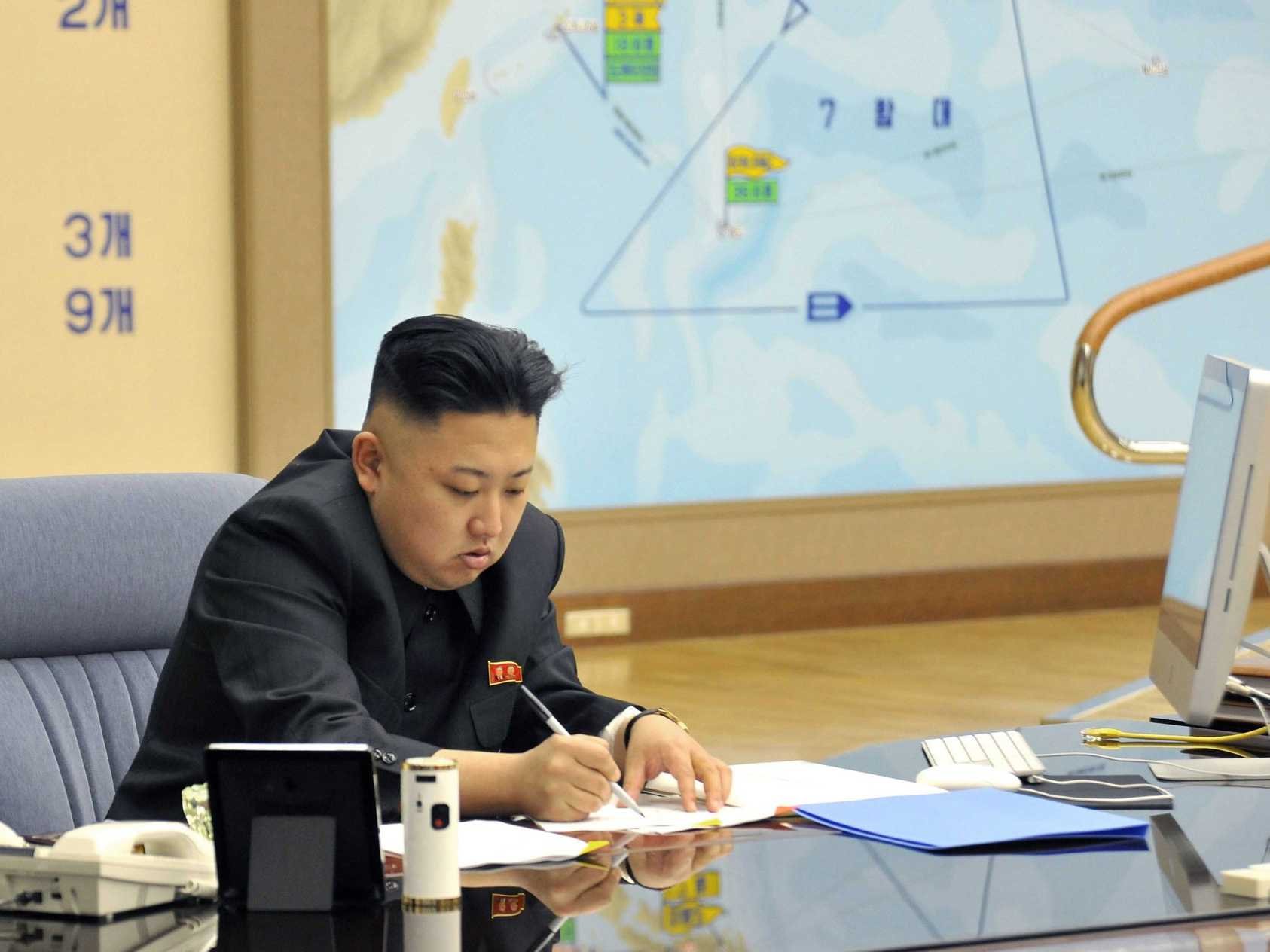The house that is North Korea doesn’t have many windows. Its representative state media Korea Central News Agency (KCNA) is one of the few windows it has.
Beginning North Korea watchers often find themselves astonished by KCNA’s reporting tone. A banquet of grandiose, emotionally charged words—a friend of mine once told me that its choice of words reminds him of the Old Testament—which can be seen through the window that is KCNA would leave much impression to reader who is familiar with western media’s composure, I’m quite sure.
However, western readers should bear in mind that the window is also stained and sometimes tells the half of the story. Should you read both version of its stories, in original Korean and English translation, you will soon find some notable differences.
As a native Korean who hasn’t left the peninsula throughout the whole life with several weeks of exception, I always read the Korean version first and then switch to the English as I set myself to write a story for NK News in English.
KCNA Watch, one of the tools NK News provides, is extremely helpful when I do this. It is much more stable than original KCNA website and provides powerful search feature. Building a custom chart from a vast database out of any keyword I put in is a blissful plus.
Since the majority of the readers probably don’t speak Korean, I always link back my quote of KCNA article to the English version. I always check the English version again though I already know what it says (since I’ve just read it in Korean) and sometimes I find out there’s difference between the two versions.
LOST IN TRANSLATION
First thing I come to notice from time to time is misinterpretation. Usually one can detect mistranslation when she understands the context and has a preliminary knowledge on the topic.
It becomes, however, a bit more difficult when you read translated KCNA stories since you might lose the sense of context by its famous grandiose rhetoric.
Take a look this recent example of KPA’s open notice:
Any challenge to the DPRK’s just physical countermeasures will entail double and treble merciless retaliatory strikes.
Though it makes sense, at least in North Korean standard, the translation above is wrong. The original Korean says that the KPA will conduct secondary and tertiary strikes should the South counters the North’s “just physical countermeasures.”
It’s also notable that KCNA does not follow a standard nomenclature of things related to the history of inter-Korean relations. As the fifth anniversary of the ROKS Cheonan sinking comes by, Pyongyang called for lifting “May 24 step,” its own naming of the May 24 measures.
Google “May 24 step” and you will see KCNA is all alone in this universe who calls May 24 measures the “step.”
Or take this recent headline from KCNA: Spies of S. Korean IS Confess to Truth behind Their Espionage against DPRK.
Since when the Islamic State did open a bureau in South Korea? Oh, it means the South Korean spy agency though it has its own brand NIS (National Intelligence Service).
Not only it is peculiar but it also makes one wonder if the translators of KCNA have access on the internet.
South Korean web juggernaut Naver has a splendid Korean-English dictionary with which you just can’t confuse a simple word like secondary with double. Even if you don’t bother to look up for an exact name of some institution, you just come to learn it when you read news everyday.
SOME IMPORTANT ABSENCES
Probably it wouldn’t be easy to work as a translator for KCNA. So they sometimes don’t bother to work. They just don’t translate the piece in whole when it’s too long.
This is the second and foremost difference that will trouble the North Korea watchers who don’t speak Korean. Because sometimes the omitted carries important circumstantial information on the topic.
The recent North Korean state media bedlam surrounding the alleged espionage charge against two South Korea citizens is a good example. While the KCNA’s original Korean report carries over 2,500 words, the English version has less then 2,000.
Of course we cannot gauge how much information something carries by counting words contained, especially when we are talking about two different languages. However, you will find something is missing if you read both along.
A notable example is when Mr. Choi was arrested by North Korean authorities. While the English version doesn’t mention it anywhere, the original report carries Mr. Choi’s testimony that he was arrested on December 30 last year by North Korean border guards in an attempt to smuggle jewelry out to China.
Some initial reports from international media missed this fact. It doesn’t seem that KCNA didn’t want foreigners to know when he was arrested. It’s more plausible to infer that the translator omitted that part (with or without intention).
NOT LIKELY TO CHANGE ANYTIME SOON
From those I discussed above, we can safely assume that there is not enough supervision on translation in KCNA. It doesn’t look likely to change anytime soon given the country’s isolation.
The lack of access to the outside information, which we can infer from KCNA’s peculiar nomenclature, makes its report isolated from global trend and sometimes gives the audience false impressions.
Though it says the same language what major international media speaks, namely English, KCNA fails to bring what they want to say to the audience around the world in a proper and efficient way. And, alas, this seems to last for quite a while.
[note note_color=”#f3f3ef”]Originally written in March 2015[/note]

Leave a Reply